Cereal Biotechnology
Genetic modification is one of the most important and controversial issues facing the food industry ?nowhere more so than in cereal production and processing. Cereals provide the cornerstone of the world's diet, of which 50% comes from wheat, maize and rice. This major work explains the techniques involved and their enormous potential for food producers and consumers, from cereal breeding to milling, baking and brewing. It also explains how this new technology is regulated, the methods for assessing its potential risks, and the ways that cereal biotechnology can add value, from weed control and disease resistance to improved nutritional properties, processing functionality and product quality in food processing. Much has been written on this significant issue, but until now there has been no guide for both those on the academic side and those working in the industry itself. By examining both sides of the coin, this book bridges the gap between these groups, giving each a greater awareness of the other's role, a more rounded picture of the business and an increased understanding of all the issues at stake. Cereal Biotechnology is an authoritative reference for food processors on a key new technology, an essential guide for biotechnologists on the range of commercial applications within cereals processing, and a vital contribution to the debate for all those concerned with genetic modification in food processing. A comprehensive account of the theory and practice of cereal biotechnology A detailed explanation of product development, specific applications and current regulation An analysis of the potential added value benefit for both producers and consumers
{{comment.content}}
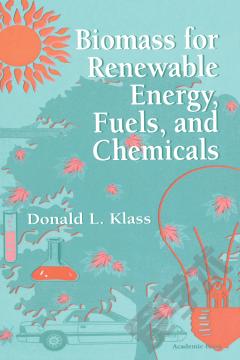
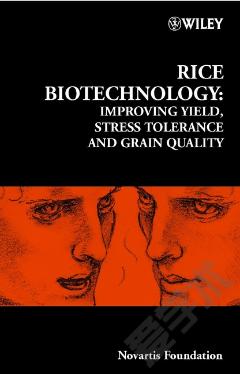

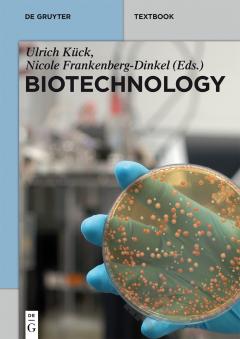

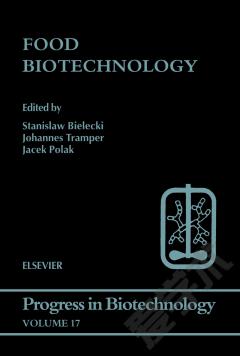
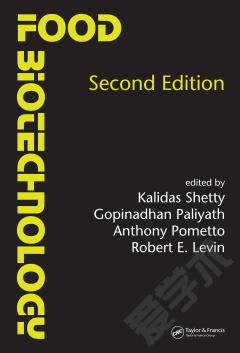

 京公网安备 11010802027623号
京公网安备 11010802027623号